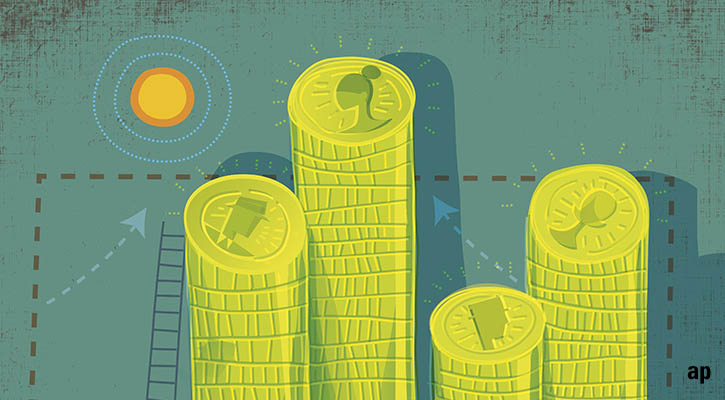From the car consumer's point of view, the ground rules for deciding whether to lease or buy haven't changed. A lease generally makes sense if you don't put a lot of kilometres on a vehicle, keep it well maintained and get a new-car itch every three years or so.
What has changed is the availability of leasing programs. Automotive leasing took a big hit in the 2008-2009 recession, and only the luxury segment has recovered. In most cases, upscale models have maintained and even expanded their retail leasing programs, while those for cheaper models have declined.
That means when it comes time to acquire a new set of leased wheels, luxury-car consumers have more options available to them. George Iny, director of the Automobile Protection Association, says aggressive leasing programs have helped power imports such as Mercedes, BMW and Audi to record sales this year.
Auto leasing wasn't always as upscale. Retail auto leasing -- as opposed to commercial leasing for corporate fleets -- boomed for a decade before the market crash as more people accepted it as an alternative to conventional financing. The trend was fuelled partly by the rising transaction prices of new vehicles, coupled with creative ways the auto industry found to push down the monthly payment.
Factory leasing programs helped propel new-car sales and keep plants humming but, like the U.S. housing bubble, also contained seeds that helped produce the crash. The key to maintaining a viable leasing market -- from both the industry and consumer perspective -- was to keep the residual value of the vehicle at the end of the lease high enough to ensure manageable monthly payments. It also allowed customers to move up the model range.
"For the average person, they go 'oh wow, all of a sudden I was thinking about buying a compact car but maybe now I can afford to go into an intermediate or mid-sized car,'" says Jeff Helby, national sales manager for Power Information Network (PIN), a division of J.D. Power Associates Canada.
| Five leasing questions to ask yourself
Q: How long a lease should I sign? Q: Which firm should I deal with? Q: Are some types of leases riskier? Q: Can I negotiate a better deal? Q: Where can I find additional information? |
By 2008, according to PIN transactional data, roughly one out of every three Canadian vehicle deals was a lease. But industry observers warned that residual values were unrealistically high and didn't reflect what off-lease vehicles fetched in the marketplace.
Dealers stuck with over-priced lease returns they couldn't sell on their lots sent them to auction, which further drove down prices. This also deterred dealers from offering new leases.
By 2009, leases accounted for only 15% of retail auto transactions in Canada, according to PIN data, and it's tracking at 13.5% for 2010, reflecting the bankruptcy of General Motors and Chrysler and a wholesale withdrawal from leasing. Ford dodged a government bailout but its Ford Credit arm has dialled down its lease business, says Helby.
The picture is a lot different among luxury brands. PIN's transaction data showed 54.9% of luxury deals were leases in 2008, dipping to 38.5% last year but trending up again to 41.1% this year.
Most of the action is in compact and mid-size premium sedans, SUVs and crossovers -- mirroring Canadian buying preferences. Top-ranked Infiniti leases 62.5% of its vehicles, Lexus 55.9% and BMW 49.2%.
Ford Canada, with the only remaining factory-lease program among the Detroit Three, leases 31.6% of its luxury Lincoln models. But Cadillac's lease business has dried up: it's only 4.2%. Among mainstream imports, Toyota and Volkswagen are still strong -- about a third of their deals are leases -- in part because their lease-return cars still command high resale values.
The overall reduction in leasing has nothing to do with leery customers. "The average person would love to continue leasing, especially for someone that's been in that cycle," says Helby, who currently leases an Audi A3, which replaced an Acura RDX.
GM, anxious to recapture some upscale lease business, recently announced a program to lease Cadillacs and Buicks through FinancialLynx, an independent leasing firm.
Both GM and Chrysler also offer financing options that allow owners to return their vehicle after three or four years, like a lease, refinance or fork over a balloon payment for the residual. But these aren't leases because the customer has title.















